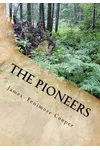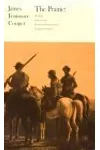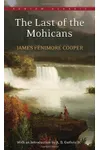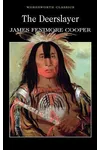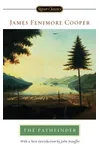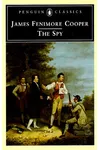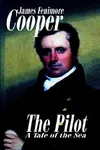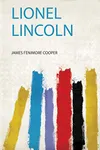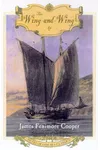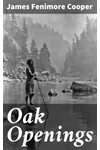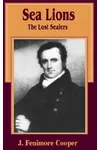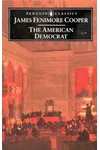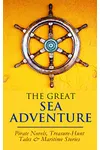Picture an American storyteller who brought the untamed frontier to life with tales of adventure and heart—meet James Fenimore Cooper! Born in 1789, Cooper was a trailblazer of American literature, weaving stories like The Last of the Mohicans that captured the rugged beauty of the New World and its complex human spirit.
His Leatherstocking Tales, starring the iconic Natty Bumppo, didn’t just entertain—they helped define a uniquely American voice, blending romance, history, and the wild. Ready to step into Cooper’s world? Let’s explore his life, works, and enduring legacy!
The Making of James Fenimore Cooper
Born on September 15, 1789, in Burlington, New Jersey, James Fenimore Cooper grew up in a wealthy family in Cooperstown, New York—a town founded by his father. Young James soaked in the frontier’s sights and sounds, which later fueled his vivid storytelling. After a brief stint at Yale (he was expelled for pranks!), he tried the navy but found his true calling in writing. Inspired by a dare from his wife to outdo a dull novel he’d read aloud, Cooper penned his first book, Precaution, in 1820, kicking off a prolific career.
James Fenimore Cooper’s Unforgettable Stories
Cooper’s genius lay in his Leatherstocking Tales, a five-novel series following Natty Bumppo, a rugged frontiersman navigating the clash between settlers and Native Americans. The standout, The Last of the Mohicans (1826), is a thrilling saga of love, war, and survival during the French and Indian War, with vivid landscapes and complex characters like Hawkeye. Other gems include The Deerslayer (1841), a coming-of-age tale, and The Pathfinder (1840), blending adventure with romance.
His style mixed romanticism with gritty realism, painting America’s wilderness as both majestic and perilous. Cooper tackled themes of cultural conflict, individualism, and nature’s power, often critiquing encroaching civilization. Beyond the Tales, The Pilot (1824) pioneered the sea novel, proving his versatility. His detailed settings and moral depth made his stories timeless, even if his prose could be a tad wordy for modern tastes!
Why James Fenimore Cooper Matters
Cooper didn’t just write novels—he helped birth American literature. Before him, U.S. writers leaned heavily on European models. Cooper changed that, crafting stories rooted in American soil, inspiring giants like Hawthorne and Melville. His nuanced portrayal of Native Americans, though not flawless by today’s standards, sparked early conversations about cultural coexistence. His works remain cultural touchstones, adapted into films, TV, and even comics, keeping Natty Bumppo’s spirit alive.
Cooper’s love for the wilderness also made him an early environmental voice, urging readers to cherish nature. His legacy endures in how we see the American frontier—not just as a place, but as a state of mind where courage and freedom collide.
About James Fenimore Cooper
- Born: September 15, 1789, Burlington, New Jersey
- Key Works: The Last of the Mohicans, The Deerslayer, The Pilot
- Died: September 14, 1851, Cooperstown, New York
- Fun Fact: Cooperstown, home of the Baseball Hall of Fame, was named after his family!
Snag The Last of the Mohicans and dive into James Fenimore Cooper’s thrilling frontier world! You’ll be swept away by his epic tales of adventure and heart.
